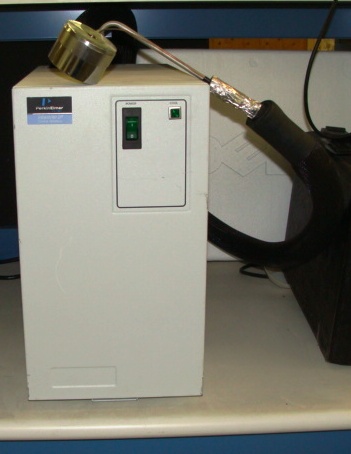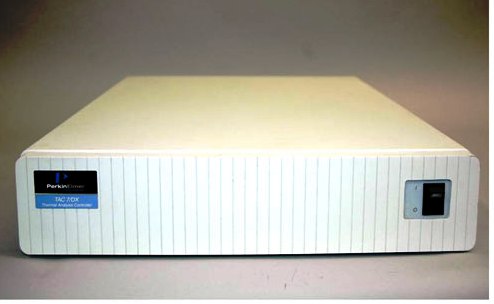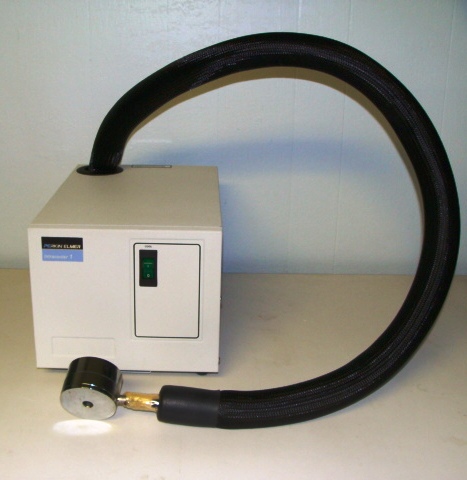Categories
Balances-> (10) Calorimeters-> (76) Chromatograph Spectrometer FTIR-> (22) Consumables: DSC, TGA, TMA, DMA (14) Dynamic Mechanical Analyzer-> (10) Extruders-> (3) Lab Furniture/Supplies-> (10) Other Testers (4) Ovens-> (11) Rheometers/Viscometers-> (41) Thermogravimetric Analyzers-> (42) Thermomechanical Analyzers-> (7) Service, Repairs & Maintenance-> (10) |_ UNLIMITED PHONE SUPPORT |_ FIELD SERVICE |_ IN-HOUSE REPAIRS (1) |_ MAINTENANCE & SERVICE PLANS |_ REFURBISHING EQUIPMENT |_ Product Set up and Installation |_ CUSTOM BUILT EQUIPMENT (1) |_ Sample Testing (8) New Products ... All Products ... Information |
Home ::
Service, Repairs & Maintenance ::
Sample Testing ::
Thermomechanical Analysis (TMA) Sample Testing
|
|
|



